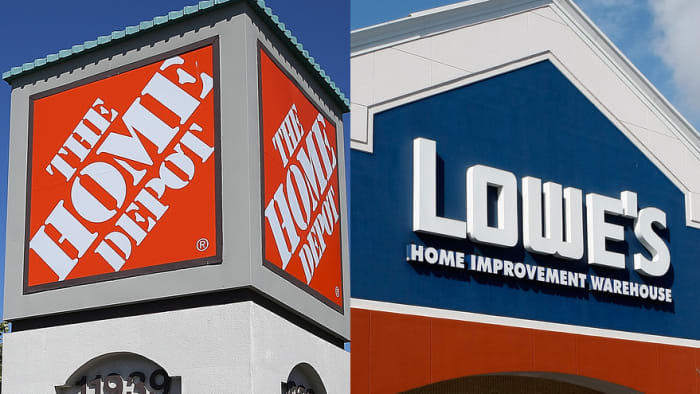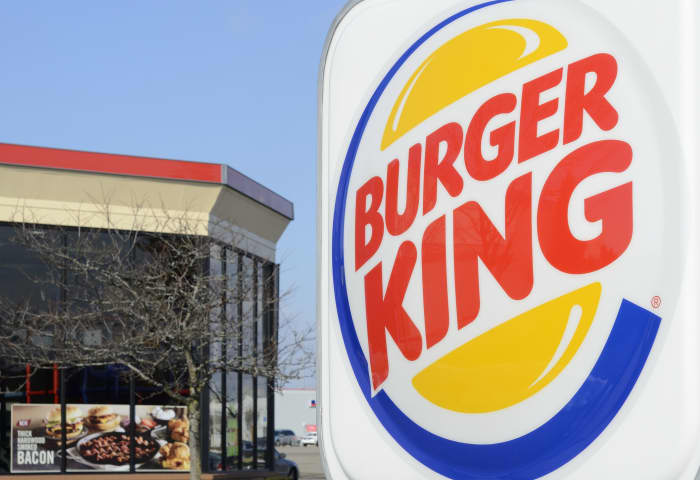Weekend reads: Russia, Ukraine and your money
Russian forces were closing in on Kyiv, Ukraine’s capital, from three sides on Feb. 25. MarketWatch will carry updates throughout the day and weekend.
Lukas I. Alpert, a former Moscow correspondent for The Wall Street Journal, offers his take on the main reason for Russia’s latest military move and how Russian President Vladimir Putin has been thinking.
Barry Pavel, who served as Special Assistant for Defense Policy and Strategy on the National Security Council for Presidents George W. Bush and Barack Obama, looks ahead at how NATO might try to contain Russia over the long term.
How U.S. consumers might suffer from the conflict
- William Watts describes the threat of stagflation — high inflation as the economy slows down — with the conflict causing prices of wheat and corn to rise.
- As if air travel couldn’t get any worse, the conflict is likely to lead to higher ticket prices, as Andrew Keshner reports.
How the stock market might react and what investors should do

- Jeff Reeves looks at a possible safe haven for investors: commodity ETFs.
- With world energy markets in flux, here are the oil-company stocks analysts believe have the most upside over the next 12 months.
- Mark Hulbert reviews previous conflicts and market reactions to estimate how long it might take for U.S. stocks to hit a bottom before share prices recover.
- Christine Idzelis interviewed Paul Christopher, head of global market strategy at Wells Fargo Investment Institute, who had this advice for investors.
How safe are bitcoin and other cryptocurrencies during the conflict?

The price of bitcoin BTCUSD,
Frances Yue writes the Distributed Ledger column, covering virtual currencies. This week she considers how the Russia/Ukraine conflict might affect cryptocurrencies as long-term stores of value.
Which U.S. cities are least affordable?
Jacob Passy lists the top 10 overvalued housing markets, according to researchers at Florida Atlantic University and Florida International University. They warn that buying at the top of a market bubble could hurt you financially for many years.
Home Depot, Lowe’s and a new phase for investors

Home Depot HD,
Tonya Garcia covered the home improvement retailers’ results and outlooks:
- Home Depot sales reach record $150 billion but shares tumble as high inflation and lower demand expected to take a toll
- Lowe’s says it’s well positioned for a strong U.S. housing market where nearly half of homes are more than 40 years old
One way to handle inflation

When a company’s costs increases, whether because workers earn more or prices of supplies rise, it must choose whether to increase prices immediately or delay the move in an effort to take business from competitors. Or it might make a stealthy move instead. Tonya Garcia explains how a Burger King franchisor is changing its menu to counter inflation.
Why people quit their jobs
This isn’t necessarily a negative trend — some people leave their jobs for the best of reasons. Quentin Fottrell reports on the the career-change phenomenon and its causes.
Planning a divorce before getting married

In his role as the Moneyist, Quentin Fottrell helps reader who is about to get married but whose fiancé is against having a prenuptial agreement.
The tech stock pullback and what to do about it
The Nasdaq Composite Index COMP,
Matt Moberg, co-manager of the Franklin DynaTech Fund FKDNX,
Want more from MarketWatch? Sign up for this and other newsletters, and get the latest news, personal finance and investing advice.




